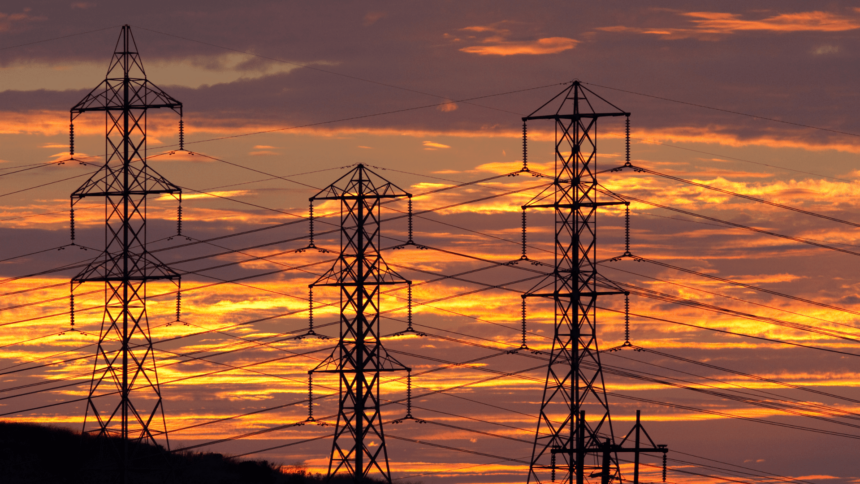The European Commission has announced an international investigation into the power outage that occurred on Friday, June 21, 2024, affecting Albania, Montenegro, Bosnia and Herzegovina, and parts of Croatia. The outage, which disrupted the electrical grids in these countries, is believed to have been caused by high demand and extreme temperatures.
Incident details and initial responses
Montenegrin officials have attributed the power outage to the high load and increased daily consumption exacerbated by soaring temperatures. The European Network of Transmission System Operators for Electricity (ENTSO-E) will conduct an investigation to determine the precise causes of the disruption.
In a statement, ENTSO-E said, “On June 21, 2024, around 12:20 PM, a major incident occurred in the southeastern part of the Continental European power system. This incident resulted in power outages in Albania, Montenegro, Bosnia-Herzegovina, and a partial outage in Croatia.” Affected transmission system operators (TSOs), with support from neighboring TSOs, restored power within approximately two hours, minimizing the impact on consumers.
ENTSO-E is currently collecting all relevant technical data from the affected TSOs and will provide more information as soon as possible. In line with their incident classification methodology, ENTSO-E’s System Operations Committee will conduct a detailed investigation into the incident in the coming weeks, supported by a panel of experts.
Montenegro’s stance and further Investigations
Ranko Rexhiq, Director of the National Dispatch Center in Montenegro, stated in a press conference that the exact cause of the incident is still unknown and will be determined by the European Association of Transmission System Operators, part of the European Commission. Rexhiq emphasized that the failure was regional and that human error was not a factor, a type of incident not seen in Montenegro for the past 30 years. “The green transition (renewable energy sources) could also be a cause, as this market is very active,” he added.
Expected duration and broader implications
According to local media reports, Croatian officials indicated that the theoretical collapse could have affected all of Europe, given the interconnected nature of the energy systems. They stressed the importance of waiting for the official investigation by European bodies, which typically lasts six months, before making any assumptions.
Sasha Mujovič, Montenegro’s Minister of Energy and Mining, reiterated that the issue arose from “a very high load, increased daily consumption, and very high temperatures,” which hindered the proper transmission of electricity.
Albania’s response
In Albania, Minister of Infrastructure and Energy Belinda Balluku stated that the power outage lasted about 30 minutes nationwide, with power in Tirana restored in 17 minutes. According to a preliminary analysis, the high temperatures and overloaded transmission system were the main causes. “We managed to recover the situation within 30 minutes nationwide and in 17 minutes for Tirana,” she said in a video message. She also noted that Albania “continues to be a high-risk zone because transmission volumes on interconnection lines are large, and temperatures will remain at record levels in the coming days.”
As the investigation unfolds, European authorities aim to identify the root causes of the incident and implement measures to prevent future occurrences, ensuring the stability and reliability of the region’s power systems.








